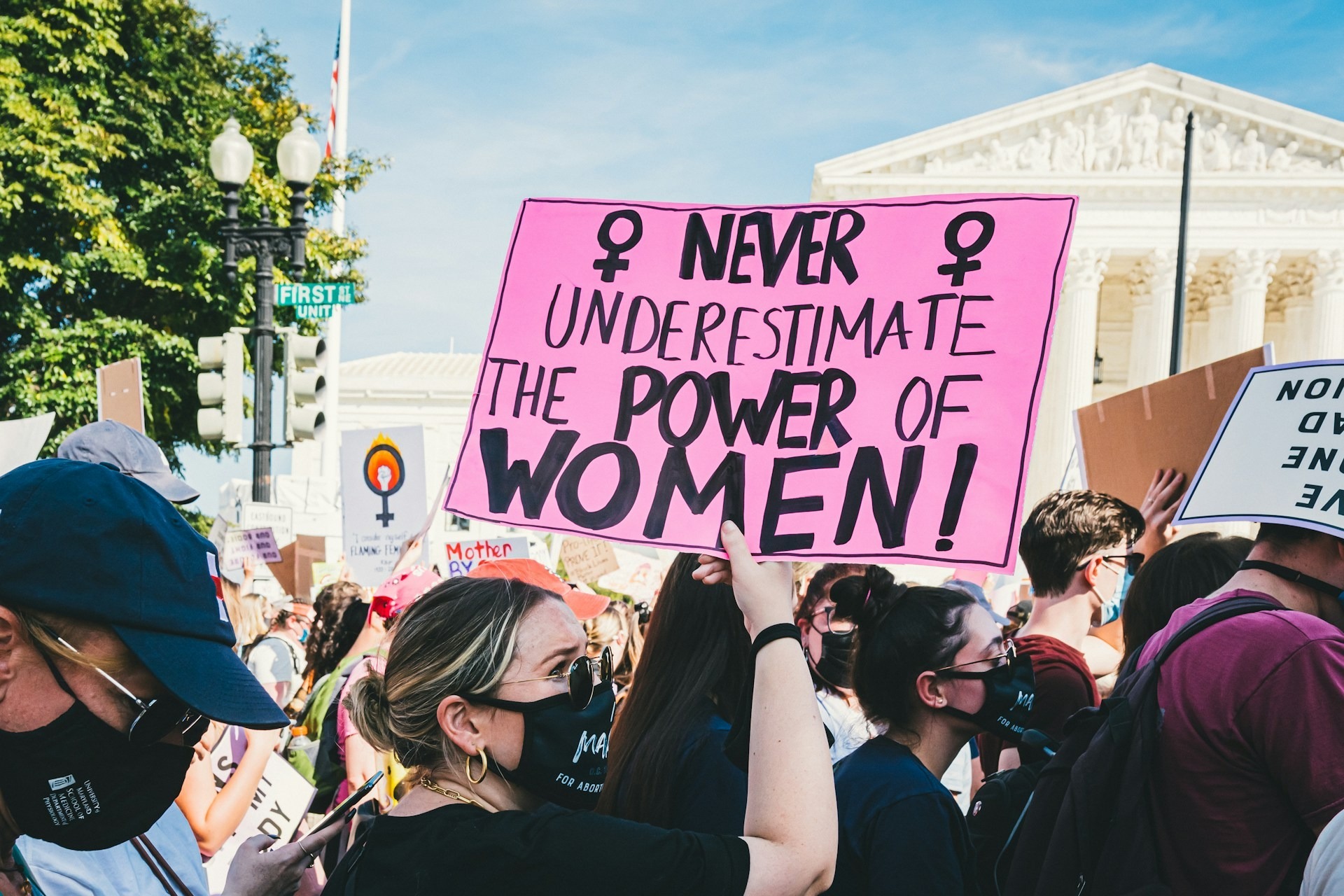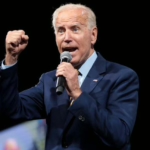From millennials to Mary Trump, feminists across the ages are learning from each other

Donald Trump is suing his niece, Mary, for $100 million for helping the New York Times with its investigation into his finances. “Good luck with that,” she said to enthusiastic applause when I interviewed her at the Hay Festival in May. A few months into the US president’s chaotic and disruptive second term, I found her calm remarkable.
Mary Trump, daughter of the president’s late elder brother Fred, has a PhD in clinical psychology. In her latest memoir about growing up in the Trump dynasty she writes scathingly about her uncle who, she claims, was always cruel and selfish. Reflecting on his return to power she told me: “One of the reasons I took 2016 personally is because it felt like millions had voted to turn America into my family – which is a terrible idea.”
Now entirely estranged from the Trump family and its patriarchal dysfunction, Mary’s bravery in publicly mocking the most powerful man on the planet has seen her become a figurehead. But not of any recognisable movement. Rather, her opposition is a literal example of that old feminist mantra: “the personal is political.”
The phrase was coined as a title for activist Carol Hanisch’s 1969 essay, assessing the emerging challenges for the Second Wave women’s liberation movement. Key was rejecting the normalisation of male supremacy: “Women are messed over, not messed up! We need to change the objective conditions, not adjust to them,” she wrote. How to change the objective conditions remains the challenge.
Two other women at the Hay Festival this year had their own approaches. Laura Bates is best known for founding the Everyday Sexism Project in 2012, which records crowdsourced experiences of daily sexism. She has also published carefully researched books on misogyny and the horrifying potential of cyber abuse through AI – “the new age of sexism”, as she calls it.
However, Bates also seeks to inspire joy in a generation of young girls with her series of young adult novels about a community of Arthurian female knights. Even these fantasy novels are fact-based (the knights, not King Arthur). Bates told me of historic records describing “a group of unruly and rowdy women, who turned up at jousting tournaments on horseback, without the right equipment and refused to go away unless they were allowed to join in”.
If Mary Trump, born in 1965, and Laura Bates, born in 1986, represented Gen X and millennial thinking around gender, then British actress Alison Steadman – born 1946 – was the festival’s feminist baby boomer. She is loved for her long career from Pride and Prejudice to Gavin and Stacey, and her often darkly comic performances (she was the original Beverley in Mike Leigh’s Abigail’s Party). Steadman was there to talk about her new memoir – a book that contains plenty of joy but also, unexpectedly, a powerful frankness about her encounters with predatory men.
Steadman had never spoken about most of the near escapes before. The first was as a teenager, when a schoolteacher offered her a lift after drama club, only to try to force himself on her, laughing as he warned that no one would believe her word over his. That he could kill her and dump her body and nobody would know. She managed to stop him, but her anxiety about why he’d targeted her was reinforced when she found herself trapped with such a man again, years later. I recognised that instinct of anger mixed with guilt. The dread that grew as our female social training to be polite turned to fear.
By choosing to open up about those traumatic memories from the past, Steadman was doing a service to the present. She reminded us how, though abusers still prey on the young this way, the “objective conditions” have changed. A girl would be much more likely to be believed today, and to have help and support to challenge such a man. The battle is ongoing, but as these three women show, there is power in knowing that we are not alone.
This article is from New Humanist’s Autumn 2025 issue. Subscribe now.


